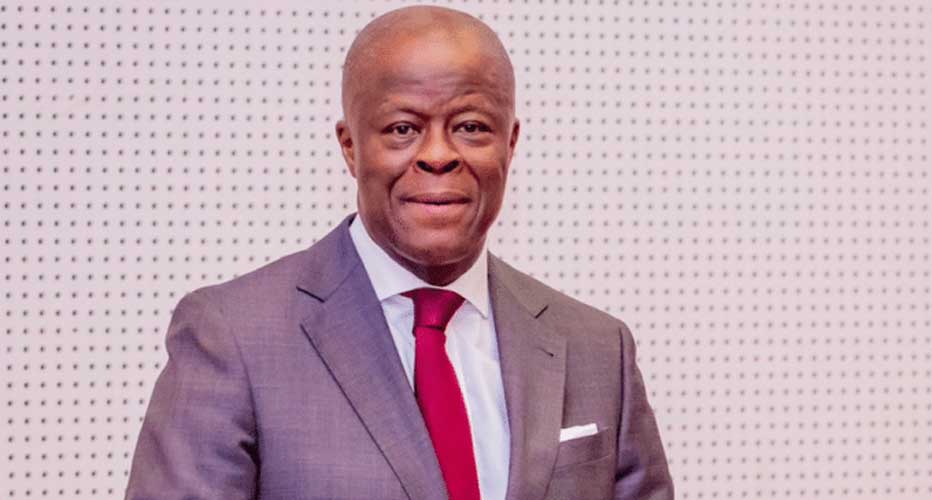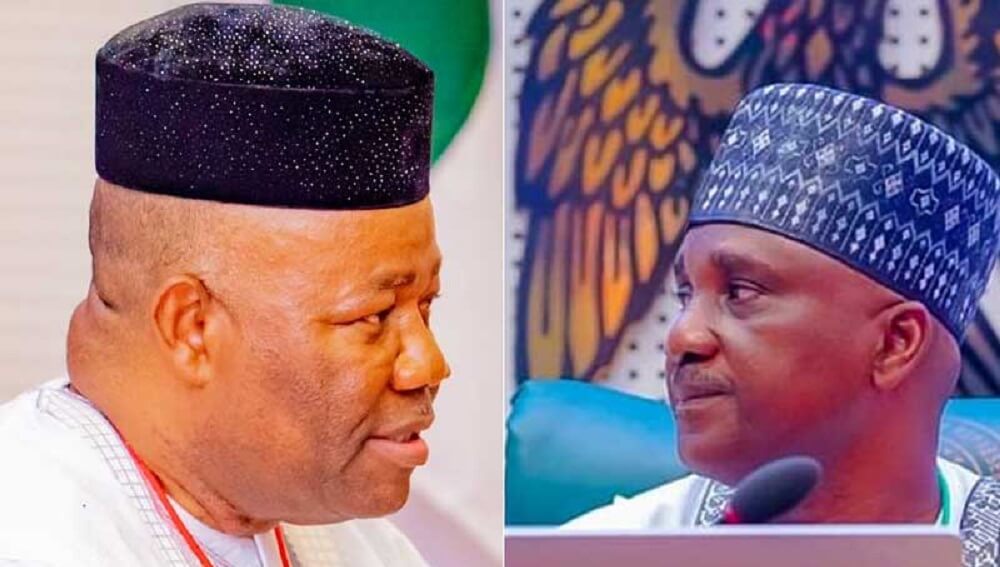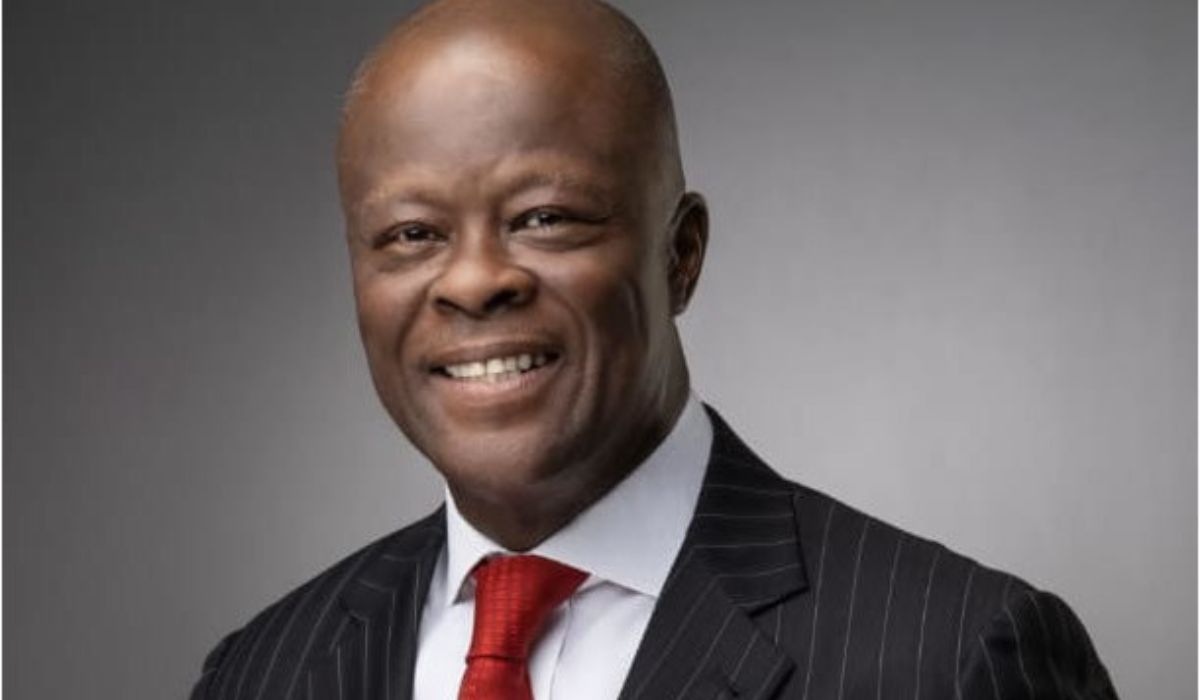Moody’s Ratings Elevates Nigeria’s Financial Standing Amid Policy Reforms

Moody’s Ratings has upgraded Nigeria’s sovereign credit profile, raising both foreign and local currency issuer ratings from Caa1 to B3 while shifting the outlook from positive to stable.
The ratings agency simultaneously improved Nigeria’s foreign currency senior unsecured debt assessment to B3 and elevated the medium-term note program rating to (P)B3, both advancing from their previous Caa1 and (P)Caa1 classifications.
The credit enhancement stems from substantial progress in Nigeria’s external financial position and fiscal management, with analysts noting that exchange rate flexibility has significantly strengthened the country’s foreign reserves.
Moody’s representatives emphasized that eliminating petroleum subsidies has reduced government expenditure burdens. While these policy adjustments initially triggered inflationary pressures and concerns about potential reversal, such risks have substantially decreased.
“These risks have now diminished, with inflation and domestic borrowing costs showing nascent signs of easing, giving us confidence that the policy changes are becoming more entrenched,” the rating note said.
The assessment also recognized progress in tax reform initiatives, though analysts acknowledged ongoing vulnerabilities tied to petroleum pricing and currency fluctuations. Despite these challenges, Nigeria’s enhanced financial buffers justify the B3 classification.
“The stable outlook means we expect Nigeria’s recent progress on external and fiscal fronts to continue, though at a slower pace if oil prices fall,” Moody’s said. The agency anticipates that current policy frameworks, including flexible exchange rate mechanisms, will persist alongside balance of payments support.
Analysts project debt stabilization around 50% of GDP over the coming years, with debt servicing consuming approximately 35% of government revenues.
“Risks are balanced, with the Central Bank of Nigeria (CBN) potentially facing difficulties in upholding a flexible exchange rate if oil prices decline further, weakening the naira and increasing the government’s debt burden,” they noted.
“Persistent high inflation could impede interest rate normalization. Conversely, a track record of flexible exchange rate policy and successful revenue reforms could improve business sentiment, lower interest rates, and drive economic growth beyond our baseline expectations,” the rating note stated.
Country ceiling adjustments accompanied the sovereign upgrade, with local currency limits rising to Ba3 from B2 and foreign currency ceilings advancing to B2 from Caa1.
The Ba3 local currency ceiling sits three notches above the sovereign rating, incorporating moderate governmental unpredictability and political risk factors. The B2 foreign currency ceiling remains two notches below the local currency limit, reflecting persistent transfer and convertibility concerns.
Moody’s attributed the upgrade to Nigeria’s comprehensive foreign exchange system overhaul, which consolidated multiple rate windows into a unified market structure, significantly improving balance of payments dynamics and central bank reserves.
“This reform has also strengthened the non-oil segment of the balance of payments, thereby reducing Nigeria’s vulnerability to declining oil prices. Although, under our baseline assumption, oil prices will decline by 16% in 2025, this will moderate the positive dynamics but not reverse them,” analysts explained.
The foreign exchange reforms delivered two key advantages: market-driven naira pricing, which corrected previous overvaluation and facilitated external rebalancing, and more efficient forex liquidity distribution throughout the economy.
“The forex market reforms have yielded two major benefits: first, the naira is now more accurately priced by the market, correcting its previous overvaluation and facilitating significant external rebalancing,” Moody’s stated.
Central bank interventions now focus primarily on smoothing currency adjustments rather than artificially supporting rates. The parallel market premium has virtually disappeared, while net reserves climbed to $23 billion by end-2024 from $8 billion two years earlier. Gross reserves now provide seven months of import cover and 283% coverage of external debt payments.
Fiscal consolidation efforts are yielding measurable results, driven primarily by the mid-2023 subsidy elimination and enhanced tax collection mechanisms. These savings, combined with the benefits of naira depreciation, have been partially redirected toward infrastructure investment and social programs.
The primary balance transformation has been dramatic, shifting from a 2.6% GDP deficit in 2022 to a 0.8% surplus in 2024.
“We anticipate a stable primary surplus for 2025, followed by a modest annual decline in 2026 and 2027, driven by increased spending pressures as elections approach,” Moody’s projected.
“While lower oil prices in 2025 will affect revenue, we expect this to be offset by the cessation of the Nigerian National Oil Company’s (NNPC Limited) practice of withholding government oil revenue to recover past subsidy costs.”
“These costs were, in the past, occasionally not transferred to the government and were ultimately borne by the company. We project that the fiscal deficit will widen to 4.7% in 2025 due to higher interest payments, before stabilizing in 2026–2027 as interest payments begin to decline, offsetting the expected rise in pre-election spending.”
The government debt burden is likely to stabilize around 50%, but the interest-to-revenue ratio will remain weak, forecast at 35% by 2027, Moody’s said.
Inflation dynamics reflect longstanding macroeconomic imbalances alongside the side effects of recent policy adjustments. While price pressures have been persistent, signs of moderation have recently emerged.
A comprehensive Consumer Price Index (CPI) methodology update at the end of 2024 — the first since 2009 — brought January inflation to 24.5%, down from December’s 34.8%, complicating trend analysis. Nevertheless, the gradual reduction in price pressures since January suggests underlying improvements.
Food price inflation—a critical driver of overall prices and social tension—shows a clearer downward trend, falling for three consecutive months from January’s 26.1% to April’s 21.3%.
Social unrest peaked during the summer of 2024 with cost-of-living protests. While risks persist, particularly if currency depreciation accompanies falling oil prices, inflation transmission effects have lessened amid external rebalancing.
According to the report, central bank policy remains restrictive, with gradual easing anticipated. Cumulative 875 basis point increases in 2024 lifted the policy rate to 27.5%, achieving the first positive real rate since 2020. Additional tightening through increased bank reserve requirements, the discontinuation of government advances, and recent naira stabilization have further reduced inflationary pressures.
The stable outlook anticipates continued but decelerating external and fiscal improvements.
“We foresee broad policy continuity, with the CBN maintaining its current foreign exchange regime amid a positive—albeit weaker—balance of payments due to lower oil prices, and the fiscal authority’s efforts to enhance non-oil revenue,” analysts noted.
“We project a stable government debt burden even when assuming a gradual drift of the naira against the US dollar and accounting for the fiscal effects of the electoral cycle.”
Downside risks include further oil price declines that could challenge the central bank’s exchange rate commitment, potentially triggering sharp naira depreciation, problematic debt increases, and reserve depletion.
Persistent inflation also poses downside risk, potentially halting gradual interest rate normalization. Conversely, improved balance of payments adaptability and government revenue reforms present upside potential.
“Although we do not anticipate further increases in non-oil revenue to GDP under our baseline, the continuation of current policies could further fuel a self-reinforcing positive feedback loop between stronger business and investor sentiment, lower interest rates, and higher economic growth,” the assessment concluded.
Additional upside potential exists through revised oil revenue-sharing arrangements that favor the government over NNPC, Moody’s noted.





